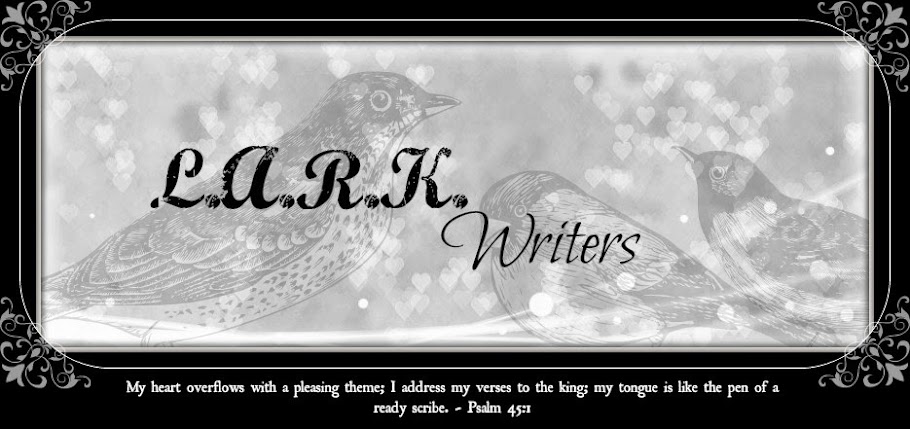In honor of my father whose 60th birthday was yesterday I have decided to make his "name" the subject of my post today.
My fellow blog authors know that I call my father "Papa". I used to get many strange looks when people overheard and quite often I was asked if he was my grandfather. (He's been gray haired all my life so it's really not that surprising.) The older I get the less people question.
Why "Papa"? I really don't know. He wanted to be called something a little more unique than "Dad" so he chose "Papa". My brother, who is now himself a father, has also followed this pattern.
This word can be traced from many languages (probably because it is a onomatopoeia) but I have often found the French origins of this word interesting and enjoy reverting back to them by pronouncing it Pa`pa. (accent on the last syllable). Fathers were first called this in the courtly circles and it was not until the 18th century that the common people began to use it.
In Latin it is also closely related to another word, "pope". This word started out meaning simply "father" but was eventually taken over by the Catholics and made to mean a more specific person.
"Papa" is also used in code communications to represent the letter P.
I doubt that you will find this word very useful in your writing but at least you know have a larger vocabulary should you ever wish to appear intelligent. ;)
My fellow blog authors know that I call my father "Papa". I used to get many strange looks when people overheard and quite often I was asked if he was my grandfather. (He's been gray haired all my life so it's really not that surprising.) The older I get the less people question.
Why "Papa"? I really don't know. He wanted to be called something a little more unique than "Dad" so he chose "Papa". My brother, who is now himself a father, has also followed this pattern.
This word can be traced from many languages (probably because it is a onomatopoeia) but I have often found the French origins of this word interesting and enjoy reverting back to them by pronouncing it Pa`pa. (accent on the last syllable). Fathers were first called this in the courtly circles and it was not until the 18th century that the common people began to use it.
In Latin it is also closely related to another word, "pope". This word started out meaning simply "father" but was eventually taken over by the Catholics and made to mean a more specific person.
"Papa" is also used in code communications to represent the letter P.
| This little word has a surprisingly large number of meanings. Another one of which refers to a soft blue-grey clay of marine siltstone or sandstone. This was a most interesting discovery for me...I have played with this type of "Papa" numbers of times and until recently did not know it's real name. | |||||

Who in the U.S. decided Papa was a word for grandfather anyway? Spanish speaking countries still use Papa (with accent on last syllable) as father. And who came up with Dad?
ReplyDeleteOkay, so I went and googled it real fast. All I could find was that it is a word similar to many universal words for father, and it comes supposedly from baby talk.